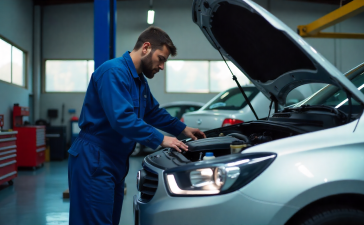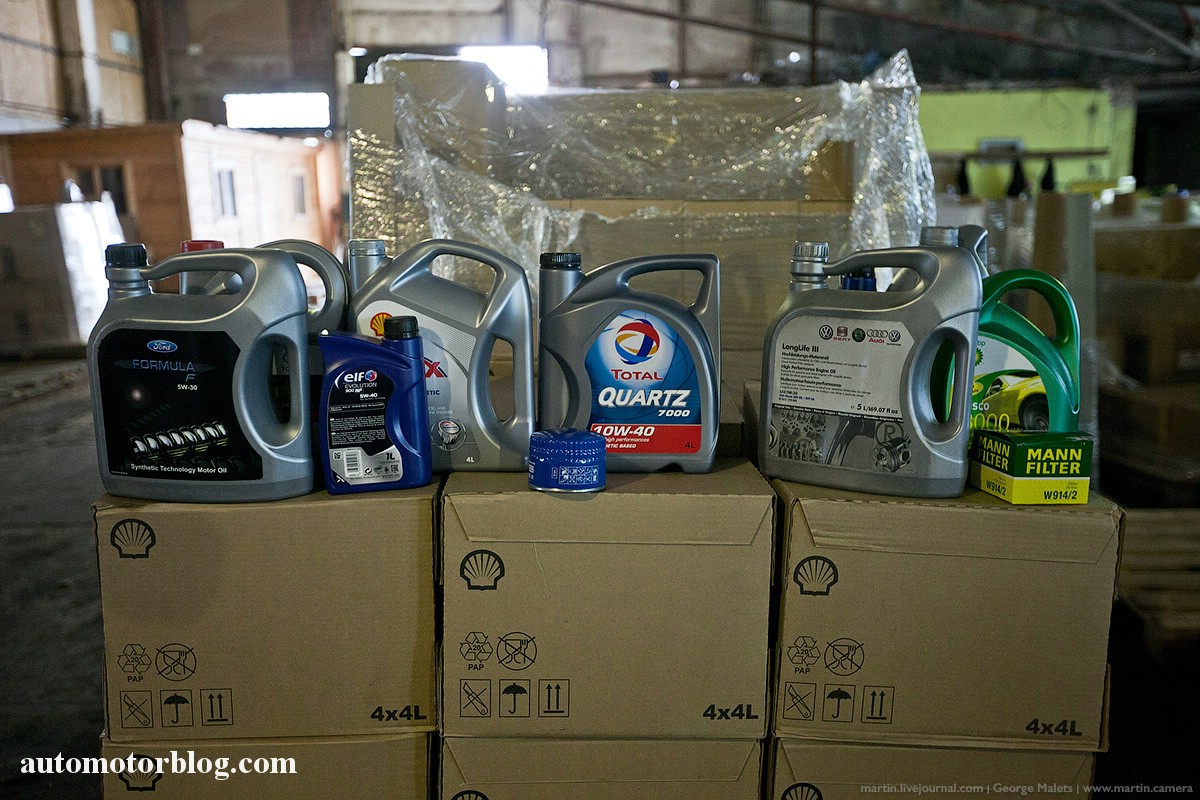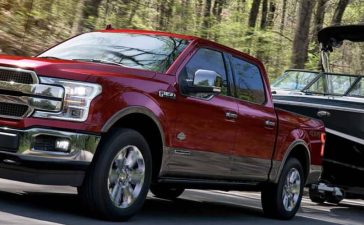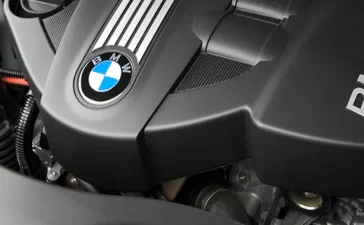If you’re interested in performing your own repairs or if you’re searching for a project car, buying a salvage automobile might be a fantastic way to cut expenses. Usually sold at a fraction of the cost of new or used automobiles, salvage cars may provide a notable return on investment with the correct technique. Purchasing a salvage automobile, however, calls both careful thought and knowledge of the procedure. This book will lead you through what you need to know to boldly purchase salvage vehicles.
Table of Contents
1. Understanding Salvage Cars
One must first define what a salvage automobile is before delving into the buying procedure for one. Salvage automobiles are those judged a total loss by insurance companies from damage, whether from theft recovery, natural catastrophes, or accidents. At least in the view of insurers, fixing these vehicles is uneconomical as the cost of repairs sometimes exceeds a given proportion of the car’s market worth.
An automobile with a salvage title cannot be driven on public roads until it has been rebuilt and passes a safety check. Salvage vehicles range in degree of damage; some may have minor cosmetic problems while others can have significant structural damage. Knowing this distinction is absolutely essential as the degree of damage will dictate the complexity and expense of restoration.

2. Research and Budgeting
Purchase of a salvage automobile starts with research. Spend some time learning about the many kinds of automobiles that salvage auctions provide as well as the related repair expenses. The make, model, and year of the automobile are among the most crucial factors to take into account as some have easily accessible components and set maintenance policies while others can be more costly or challenging to fix.
Create a budget covering not only the car’s purchase price but also repair, component, inspection, registration costs. At first look, salvaging automobiles might appear like a deal, but repairs can be expensive, particularly if you are not ready for unanticipated problems. You should also allow extra space in your budget for unseen damage that might not be obvious right away.
3. Inspecting the Car
Inspection comes next once you have found a salvage automobile within your means and requirements. A competent technician with experience in salvage vehicles should ideally check your vehicle. This will enable you to estimate the degree of the damage and evaluate whether the repairs fit your financial situation.
During the check, focus especially on the engine, frame, and electrical components of the automobile. Cars with major frame damage might need specific repair work that can be more costly than expected. Furthermore, some damage may not be immediately evident, thus a careful examination may assist find any issue areas compromising the long-term performance and safety of the car.
4. Assessing Repair Costs and Parts Availability
You must be very clear about the cost and availability of the parts required for repairs before buying a salvage automobile. Some types and manufactures have easily available components, which can help to control repair expenses. On the other hand, exotic or luxury automobiles might need uncommon or costly components, which would greatly raise the expenses of returning the car to a roadworthy state.
Additionally crucial is determining if you will be hiring a professional or completing the repairs yourself. If you need to outsource the task, consider the cost of paying a professional to finish the repairs even if you are a competent mechanic and could save labor expenses. Before deciding to purchase a salvage automobile, be sure you fully understand labor and component costs.
5. The Auction Process

Both online and in person auctions abound for salvage autos. You will register and occasionally pay a buyer’s fee to take part in these auctions. Since salvage auctions might be competitive, it’s important to enter knowing your budget and what you are ready to pay on the automobile.
Review the car’s history record to learn the type of damage and whether any repairs have been done since the damage started any bids. Certain salvage vehicles are a better deal as some of them have already undergone specific repairs. Staying to your budget is crucial while bidding to prevent being caught up in a bidding battle that can drive the price above what you are ready to pay.
6. Repairing and Inspecting the Vehicle
Purchasing a salvage automobile successfully comes first; then, the required repairs follow. Following the correct repair techniques guarantees the automobile is safe to drive whether you’re conducting the job yourself or paying a professional. Depending on where you live, before the car can be registered and lawfully driven on public roads, it might also need to be examined by a qualified examiner.
Plan a salvage inspection to make sure the vehicle satisfies safety criteria fit for road usage after the repairs are finished. Obtaining a rebuilt title requires passing this examination, which will let you register the car and legally drive it.
7. Registering and Insuring Your Salvage Car
The last stage is registering and insuring your automobile following the salvage inspection and acquired rebuilt title. Generally speaking, registering a restored salvage automobile requires turning in documentation proving the repairs have been completed and the car passes inspection. Remember that insuring repairable cars could be more difficult than insuring a standard used car. Given their past of major damage, several insurance companies are reluctant to provide comprehensive or collision coverage on rebuilt salvage vehicles.
You would have to look about to locate an insurance company ready to give the required coverage. Remember also that the resale value of a salvage automobile is usually less than that of a clean-title car, therefore should you want to sell the car in the future, you could not get back your investment.
Conclusion
For individuals who like working on cars, purchasing a salvage automobile may be a fulfilling experience on both a financial and a project standpoint. Still, it calls for considerable thought, study, and a strong awareness of the process. From knowing what a salvage automobile is to negotiating the auction and repair procedure, following the correct guidelines can assist to guarantee a good purchase. Although salvage vehicles can save a lot of money, you must balance the hazards and benefits to decide if this is the best choice for you.












